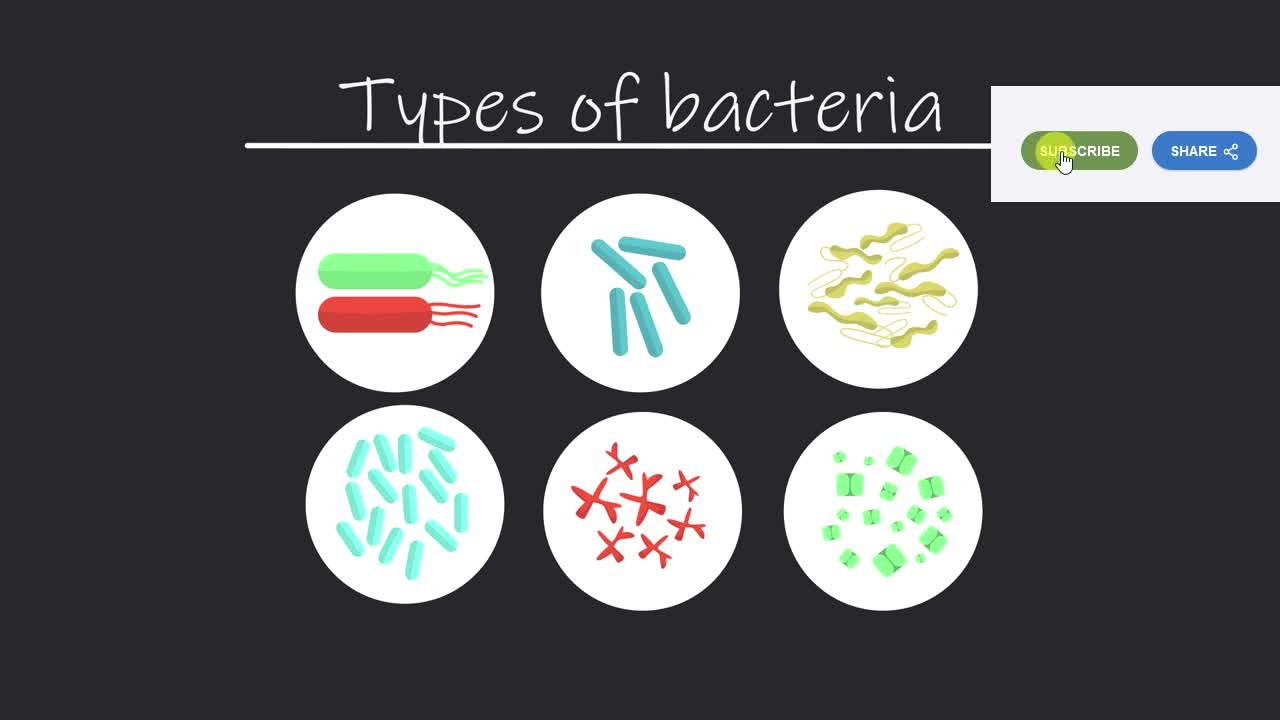Premium Only Content

Bacteria in the Digestive System
A wide range of friendly bacteria live in the gut. Bacteria begin to populate the human digestive system right after birth. Gut bacteria include Lactobacillus, the bacteria commonly used in probiotic foods such as yogurt, and E. coli bacteria. About a third of all bacteria in the gut are members of the Bacteroides species. Bacteroides are key in helping us digest plant food.
It is estimated that 100 trillion bacteria live in the gut. This is more than the human cells that make up you. It has also been estimated that there are more bacteria in your mouth than people on the planet. There are over 7 billion people on the planet.
The bacteria in your digestive system are from anywhere between 300 and 1000 species. As these bacteria are helpful, your body does not attack them. They actually appear to the body's immune system as cells of the digestive system, not foreign invaders. The bacteria actually cover themselves with sugar molecules removed from the actual cells of the digestive system. This disguises the bacteria and protects them from the immune system.
As the bacteria that live in the human gut are beneficial to us, and as the bacteria enjoy a safe environment to live, the relationship that we have with these tiny organisms is described as mutualism, a type of symbiotic relationship.
Lastly, keep in mind the small size of bacteria. Together, all the bacteria in your gut may weight just about 2 pounds.
-
 1:46:38
1:46:38
Real Coffee With Scott Adams
4 hours agoEpisode 2707 CWSA 01/01/25
25.5K19 -
 14:06
14:06
Stephen Gardner
3 hours ago🔥Trump FIGHTS BACK: Biden White House BUSTED in MAJOR SCANDAL!
32.8K110 -
 6:08:13
6:08:13
MissesMaam
16 hours agoCelebrating New Years 2025 💚✨
78.9K17 -
 3:22:32
3:22:32
PandaSub2000
3 days agoPlatformer ExtravaPandza | ULTRA BEST AT GAMES (Original Live Version)
121K34 -
 5:43:19
5:43:19
Bitcoin Magazine
18 hours agoLIVE: MICHAEL SAYLOR'S $100K NYE BITCOIN PARTY
149K15 -
 5:06:15
5:06:15
AirCondaTv Gaming
1 day ago $40.36 earnedOnce Human - New Year. New Meta. Happy New Year!
167K20 -
 1:00:37
1:00:37
Bright Insight
10 days agoOlmec Heads are Evidence of Lost Ancient Advanced Civilization
157K231 -
 13:43
13:43
Cooking with Gruel
2 days agoCreamy Saffron Risotto
138K25 -
 18:38
18:38
DeVory Darkins
1 day ago $48.32 earnedTrump Makes HUGE Announcement that may spark GOP Battle
173K93 -
 2:13:05
2:13:05
The Nerd Realm
23 hours ago $14.04 earnedNew Years Eve! Fortnite Hunters w/ YOU! Creator Code: NERDREALM
119K6